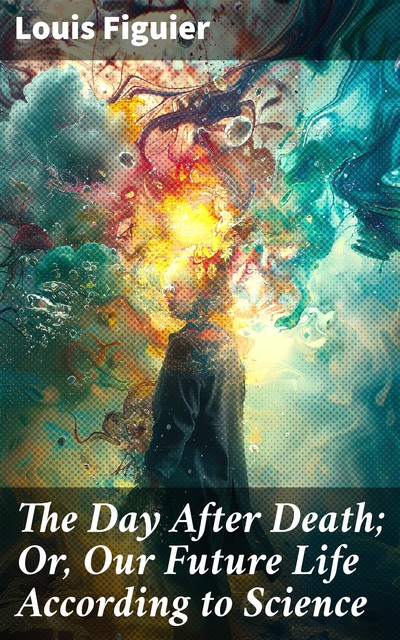In “The Day After Death; Or, Our Future Life According to Science,” Louis Figuier embarks on a compelling exploration of humanity's most profound questions regarding existence beyond death. Through a synthesis of science, philosophy, and speculative inquiry, Figuier delves into various perspectives on the afterlife, engaging with contemporary scientific theories and nineteenth-century thought. His literary style is marked by clarity and accessibility, ensuring that complex ideas about metaphysics and spirituality resonate with a broad audience. This work must be understood within the context of the Enlightenment and the burgeoning field of science at the time, as Figuier reflects on both empirical evidence and speculative reasoning in contemplating life after death. Louis Figuier, a noteworthy figure in the realm of popular science, wrote extensively on the intersection of science and philosophy. His background in physics and his commitment to promoting scientific literacy in an era rife with superstition and ignorance often prompted him to question traditional beliefs about the afterlife. Figuier's intellectual journey and advocacy for rational inquiry manifest vividly in this exploration, and his works demonstrate an unwavering curiosity about the natural world and its mysteries. I highly recommend “The Day After Death” to anyone intrigued by existential questions and the implications of scientific discoveries on our understanding of consciousness and life beyond the grave. Figuier's masterful balance of rigorous scientific inquiry and philosophical contemplation invites readers to engage thoughtfully with their beliefs about mortality, making this book an essential read for scholars and laypersons alike.


